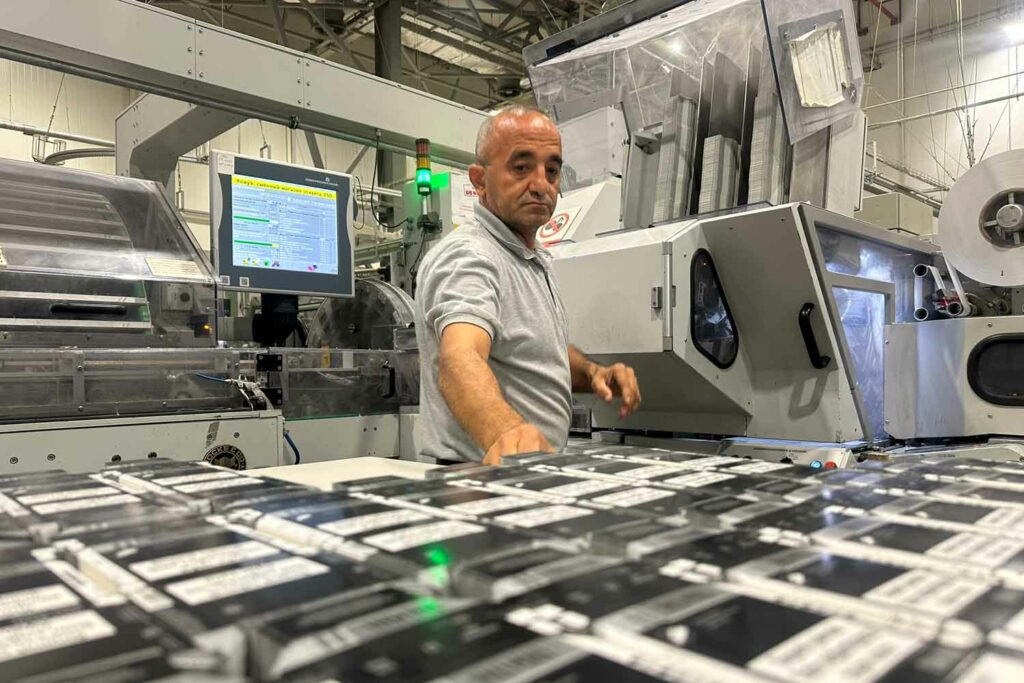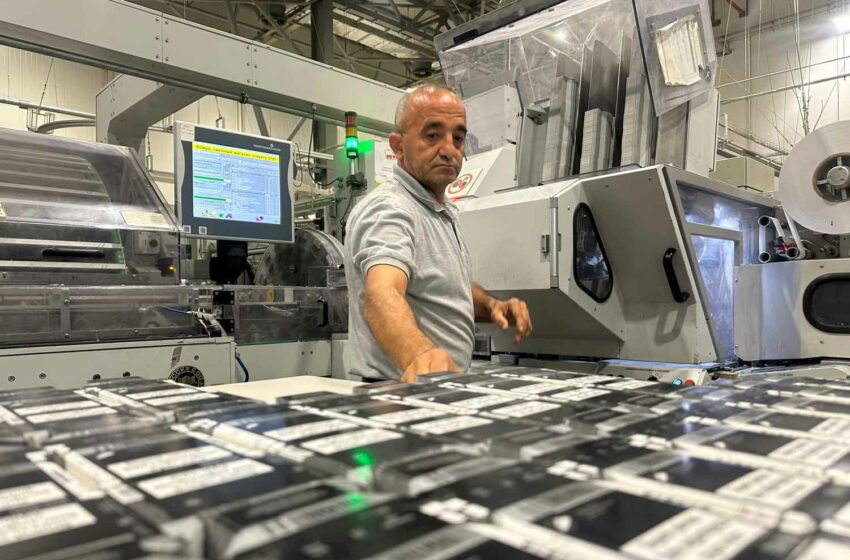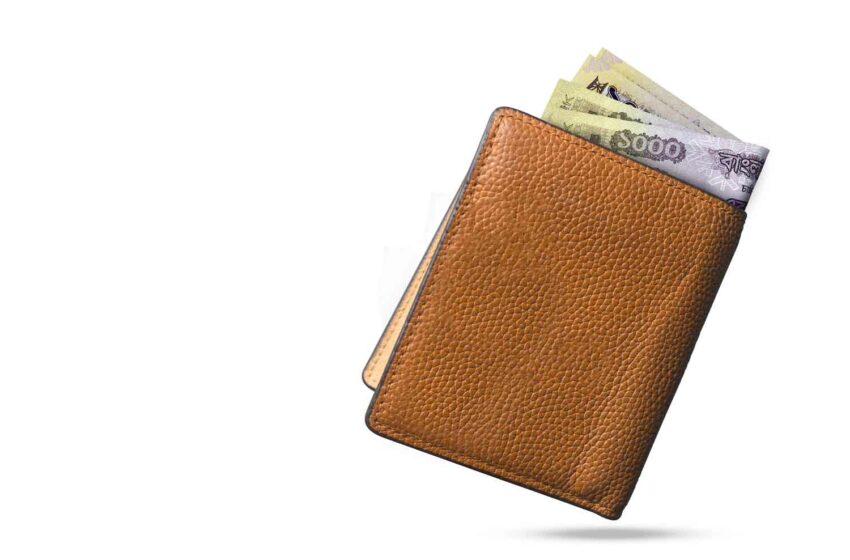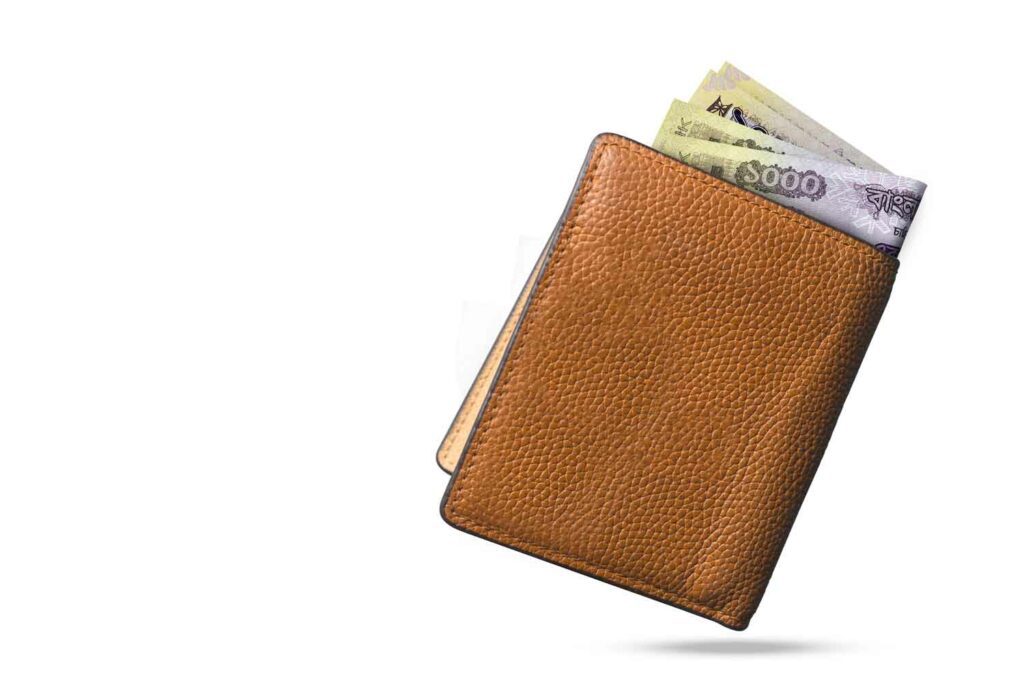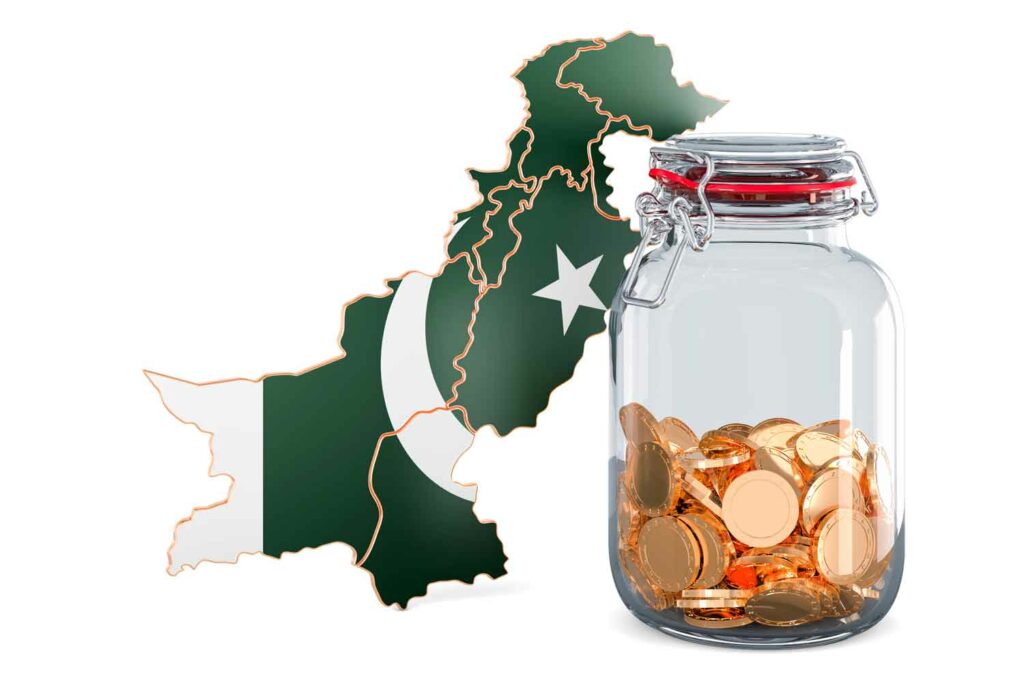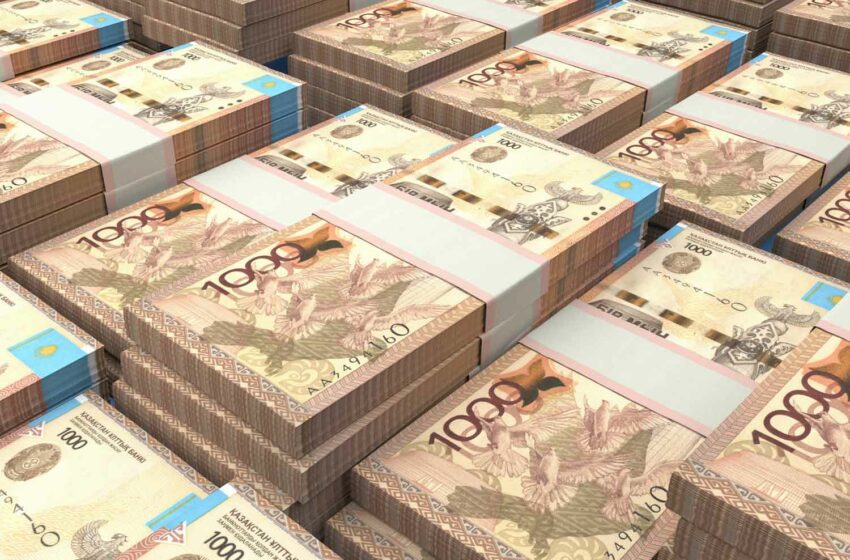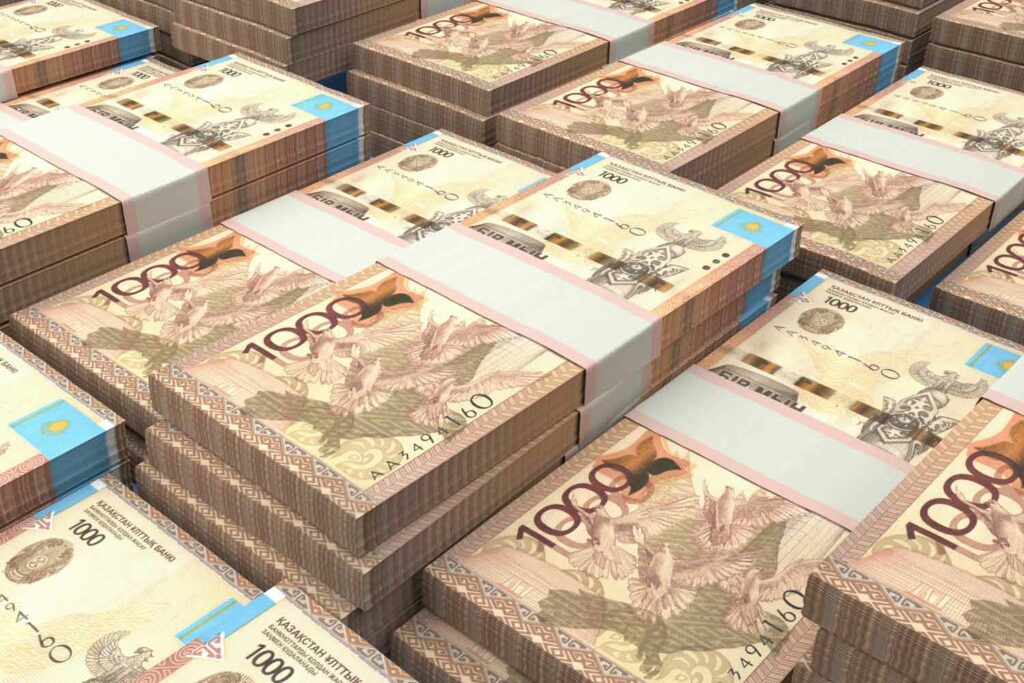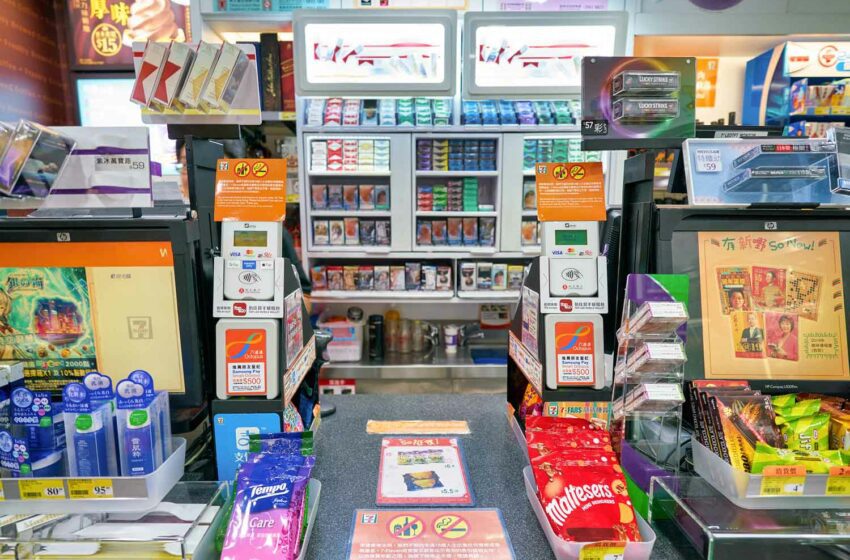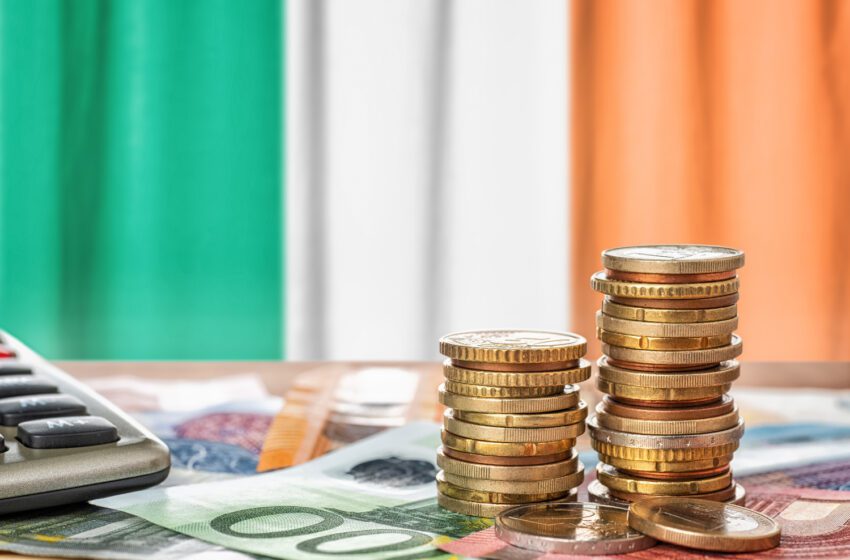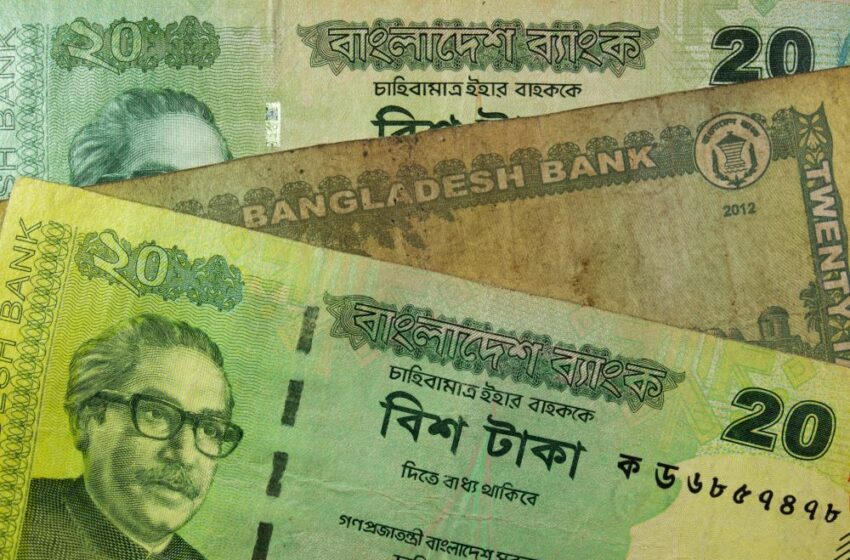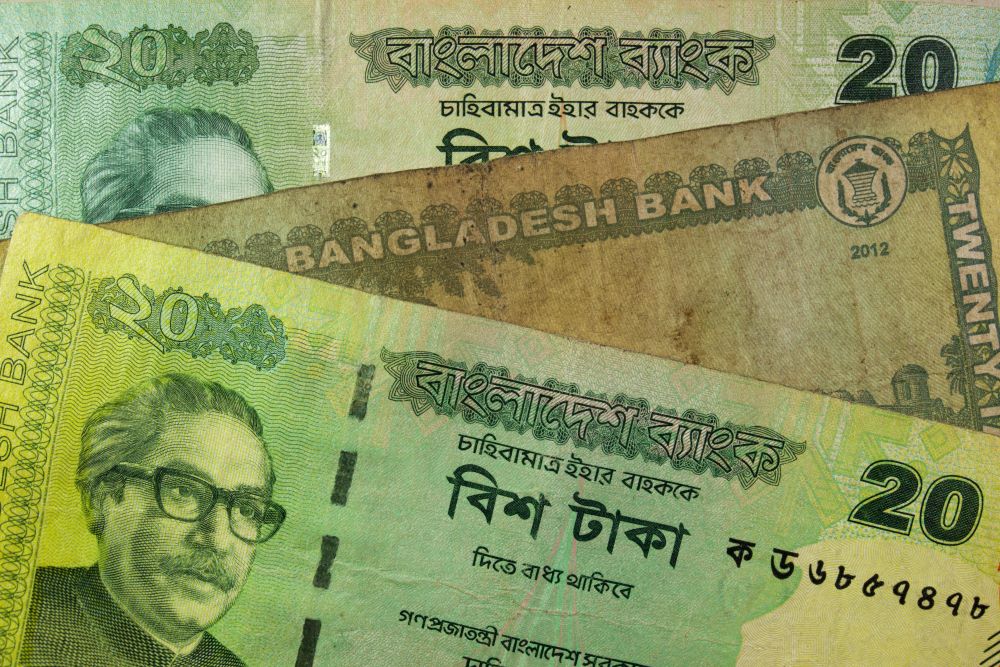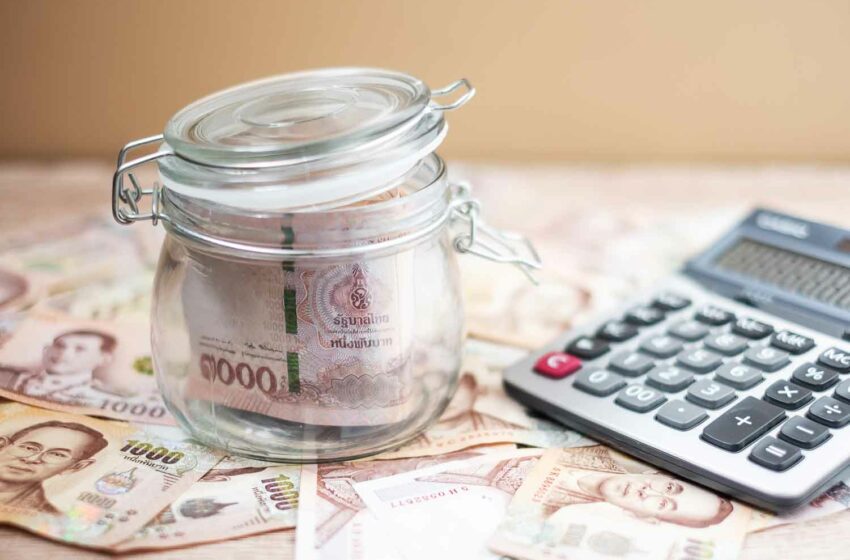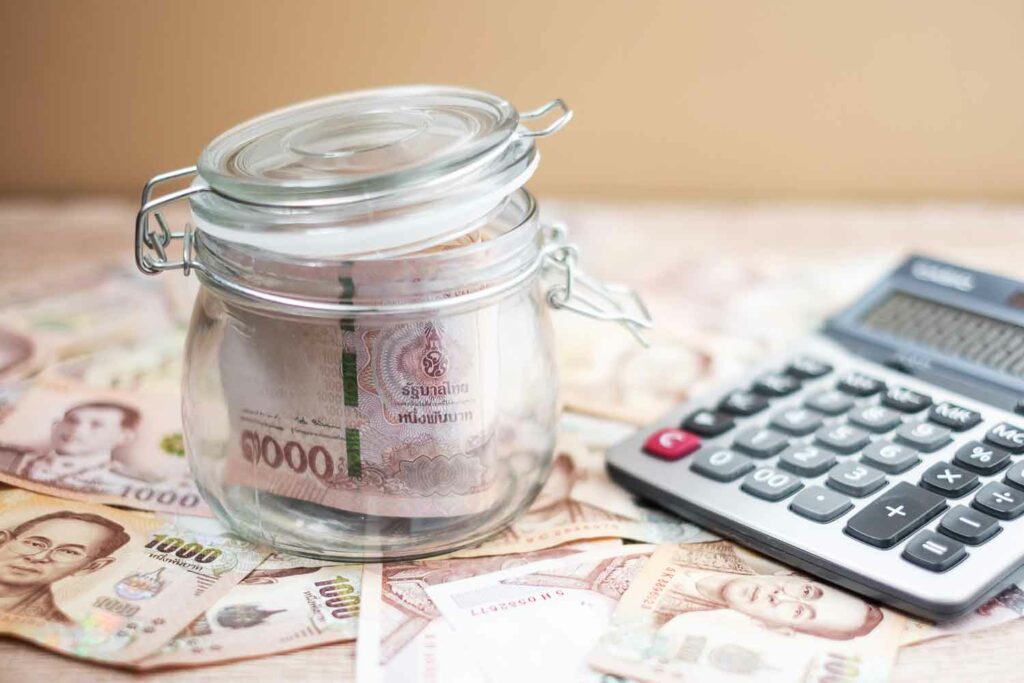Pakistan’s 2023 federal excise duty (FED) hike on tobacco products has diverted rather than reduced cigarette consumption, reports The News International, citing recent research.
In 2023, the government announced a significant cigarette tax hike, prompting tobacco companies to more than double their cigarette prices.
The fiscal measure aimed to boost revenue and discourage smoking. However, a recent study conducted by the Lahore University of Management Sciences (LUMS), suggests it has achieved neither objective.
Instead of lowering smoking rates, the increased prices have prompted consumers to source their cigarettes from informal sources, a development that will likely cause the government to miss PKR300 billion ($1.08 billion) in tax earnings this year, according to LUMS.
The LUMS study found that the share of duty-paid cigarettes shrank to 42 percent over the past two years.
“Government has implemented various initiatives to address the extent of illicit sector to bring more companies and illicit sector under tax net,” said LUMS Associate Professor of Economics Kashif Zaheer Malik. “These, however, have not been successful in reducing illicit trade in Pakistan.”
In light of Pakistani smokers’ profound price sensitivity, the LUMS report urged the government to reconsider its excise tiers. It also said the success of Pakistan’s track-and-trace system would depend on an all-encompassing rollout and consistent enforcement.
Only a handful of Pakistan’s cigarette manufacturers have implemented the new system.
In related news, the government of Pakistan’s Khyber Pakhtunkhwa (KP) province announced a 400 percent tobacco tax increase.
Civil society groups welcomed the measure. “This substantial increase is projected to generate over PKR2 billion annually, which will be dedicated to enhancing health facilities across KP,” Blue Veins and the Provincial Alliance for Sustainable Tobacco Control wrote in joint statement.
Tobacco growers warned the tax hike would destroy the sector. “The farmers can’t afford this and will stop growing tobacco,” Pakistan Tobacco Board member Rustam Khan was quoted as saying by The News International.
“Tobacco crop is the only cash crop of the province. And around 1.2 million people in the province depended on it,” said Khan, adding that more than 75,000 farmers were involved in tobacco cultivation.
Tobacco taxation has been a contentious topic in Pakistan recently. In May, market leader Pakistan Tobacco Co. threatened to cease operations in the country if the government further increases cigarette taxes.
